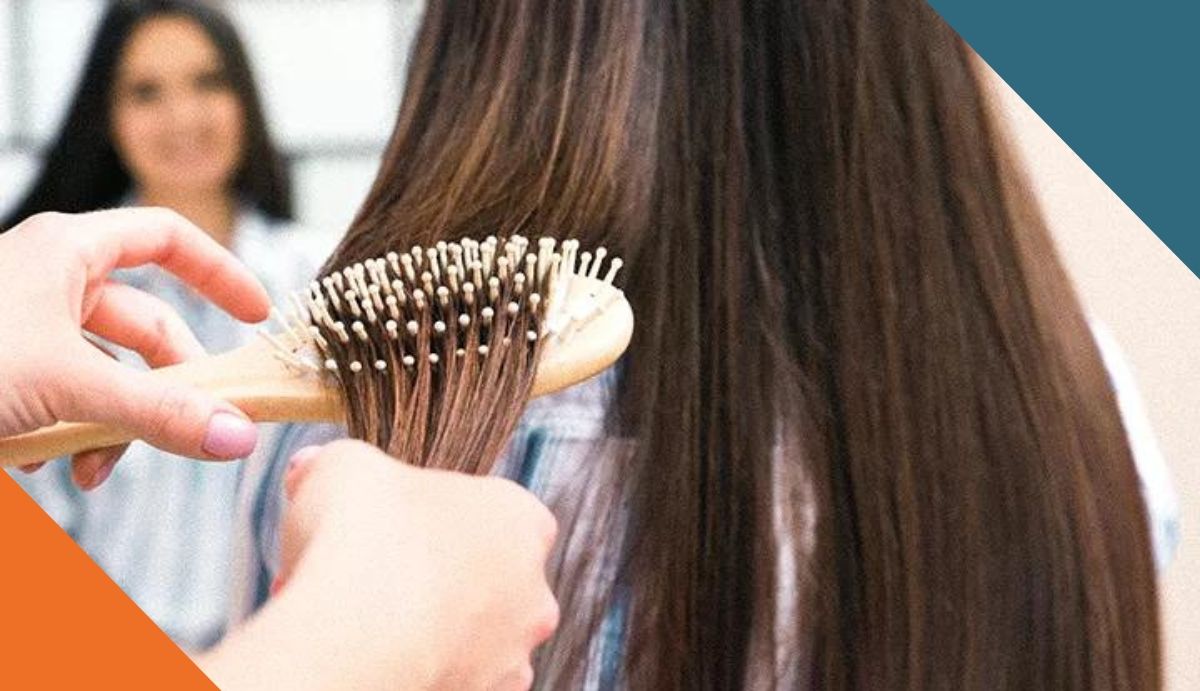How to Support a Loved One with Hair Loss
09 May 2023

Losing your hair can be a daunting and emotional experience, and for many people, it can be a time of real stress and anxiety.
Whether it’s due to genetics, medical conditions, or other factors, hair loss more often than not, will have a significant impact on a person’s mental and emotional well-being.
If someone you love is going through hair loss, there are ways you can support them and help them feel more confident and positive.
Please see below where we highlight some practical tips on how to support a friend or loved one with hair loss and offer them the empathy and care they need during such a difficult time.
Listen and validate their feelings
The first step in supporting a loved one with hair loss is to listen to them and validate their feelings. Hair loss can be a sensitive topic, so it’s important to create a safe space where they can talk about their emotions without feeling judged.
Let them know that you understand that this is a difficult time for them and that you’re there to support them. Avoid making insensitive comments or giving unsolicited advice about their hair loss.
Instead, focus on being a good listener and offering reassurance.
Educate yourself about hair loss
To better understand what your loved one is going through, take the time to educate yourself about hair loss. Research the different types of hair loss and causes, as well as the available treatments.
It’s also important to note that hair loss can be a symptom of an underlying health issue. Encourage your loved one to speak with their doctor to rule out any medical conditions that may be causing their hair loss.
Additionally, avoid making assumptions about their hair loss, such as assuming it’s due to age or genetics, as this may not be the case.
You can also learn about the hair replacement options offered by specialists like ourselves, such as hair systems, laser hair growth treatment, and scalp micropigmentation. This knowledge can help you offer more informed support to your loved one and answer any questions they may have.
Offer practical support
There are practical things you can do to support someone with hair loss. For example, you can help them research hair replacement options and accompany them to consultations with hair replacement specialists.
You can help them try out concealment products like hair fibres and also help them shop for hats, scarves, or other head coverings that they may feel comfortable wearing.
Encourage self-care and healthy habits
Hair loss can be stressful, which is why it’s important to encourage your loved one to prioritise self-care and healthy habits.
This can include things like getting regular exercise, eating a healthy diet, and practising stress-reducing activities whenever possible. Unfortunately, GP’s are often ill-informed when it comes to hair loss, its effects, and the possible solutions. We hear all too often that people feel dismissed by their doctors and disheartened that their concerns don’t seem to be taken seriously.
Encourage them to book a consultation and speak to specialists who understand and care if they’re struggling with their mental health. Knowing there are solutions and understanding how they work for you can be such a relief.
Be patient and supportive
Hair loss can be a slow and frustrating process, and it’s important to be patient and supportive.
Your loved one may experience ups and downs throughout their hair loss journey, and it’s important to be there for them during both the good and bad times.
Remember that hair loss is a physical change, but it doesn’t define your loved one. Offer them encouragement and support as they navigate this difficult time, and remind them that you love and value them for who they are, not their hair.
Finally, remember to be sensitive and respectful towards your loved one’s privacy. They may not want to discuss their hair loss with others or have it be a topic of conversation.
Respect their boundaries and only share information about their hair loss with their consent.
Supporting a loved one with hair loss requires empathy, patience, and understanding. By listening to them, educating yourself about hair loss and underlying health issues, offering practical support, encouraging healthy habits, and being patient and supportive, you can help your loved one feel seen and valued during this difficult time.
If your loved one is interested in exploring hair replacement options, explore how Optima Hair can help them regain their confidence and feel like themselves again.
